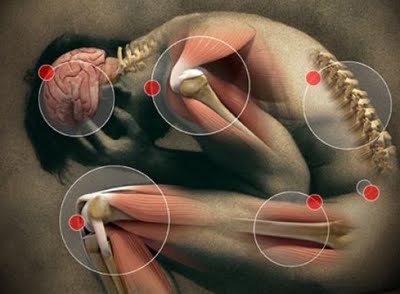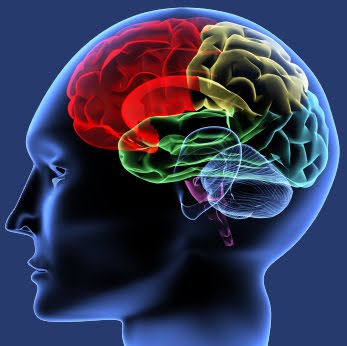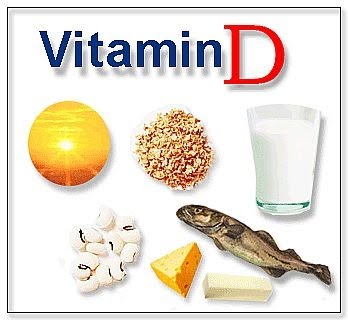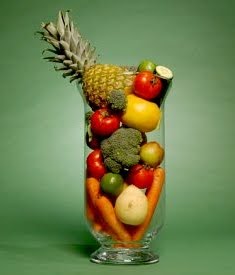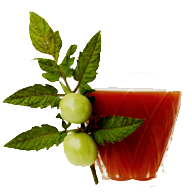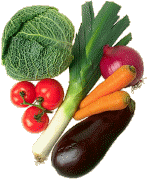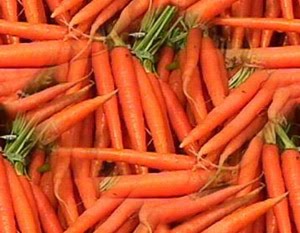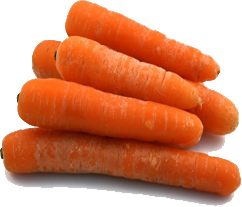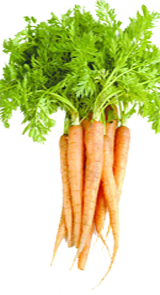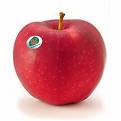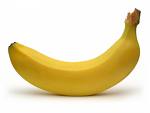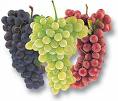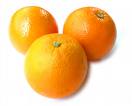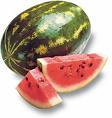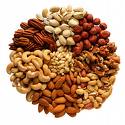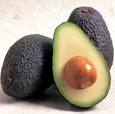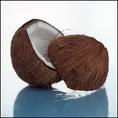Memory and thinking skills can worsen fast in people with mild cognitive impairment, the stage before Alzheimer's disease, says a new study.
"These results show that we need to pay attention to this time before Alzheimer's disease is diagnosed, when people are just starting to have problems forgetting things," study author Robert S. Wilson, of Rush University Medical Center in Chicago, said in a news release from the American Academy of Neurology.
The study involved 1,158 people, who averaged 79 years old. The group included 149 people with Alzheimer's disease, 395 with mild cognitive impairment and 614 with no thinking or memory problems. Each participant completed a memory and thinking skill test at the start of the study and again every three years. Participants took part in the study for an average of 5.5 years, and up to 11 years.
The scores of people with mild cognitive impairment declined twice as fast each year as did scores of those with no memory problems. The scores for people with Alzheimer's declined four times as fast as those of participants with no cognitive problems, the study found.
The results are in the March 23 issue of Neurology.
"The changes in rate of decline occur as the brain atrophies due to the disease, first mainly in the hippocampus during the initial symptomatic stage, referred to as mild cognitive impairment, then in the temporal, parietal and frontal cortex during the dementing illness phase of Alzheimer's disease," said Dr. David S. Knopman, of the Mayo Clinic in Rochester, Minn., who wrote an editorial accompanying the study.
